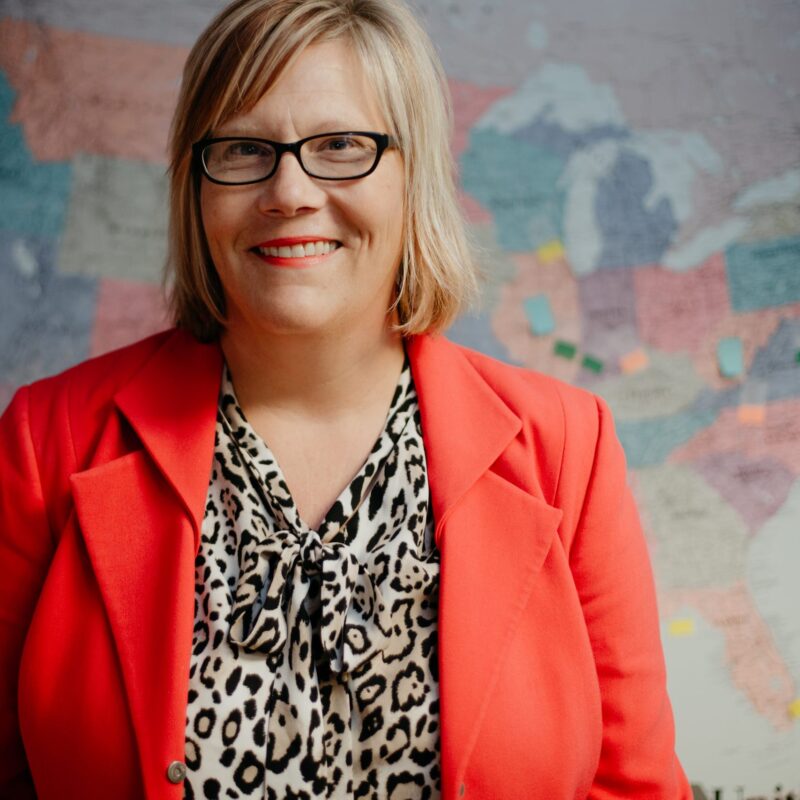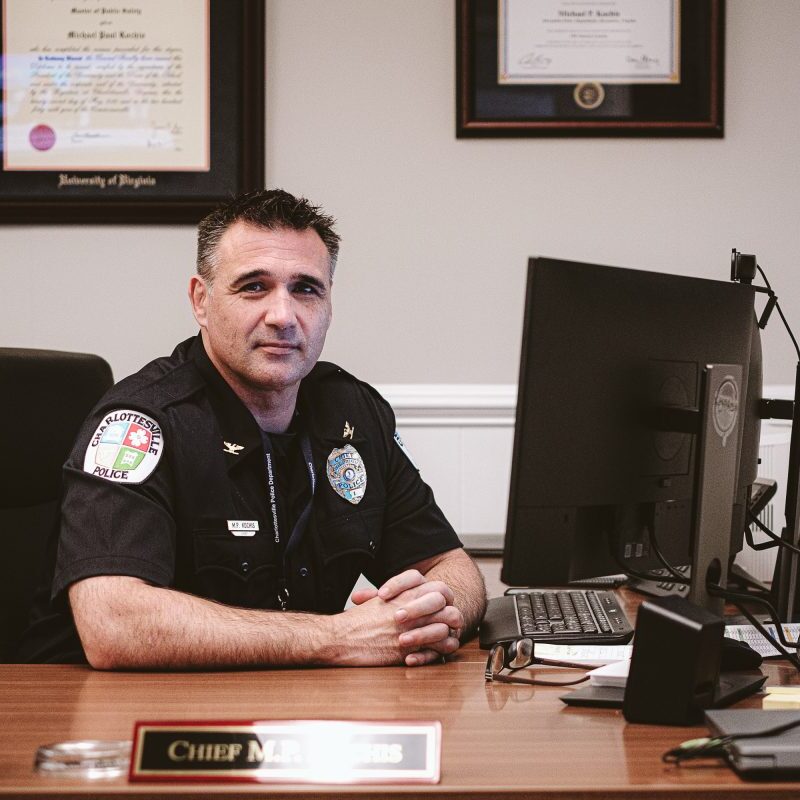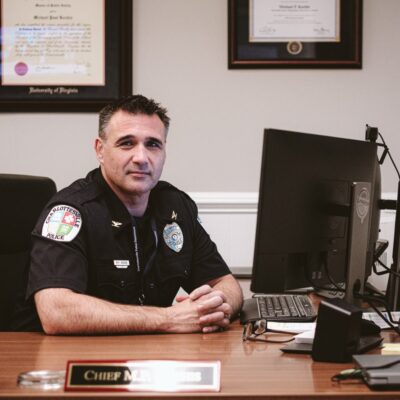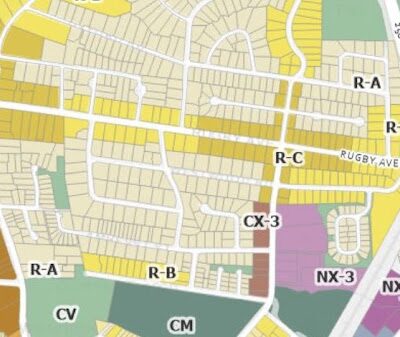Nearly two years after appointing the initial Police Civilian Review Board, Charlottesville City Council inched closer to making a permanent oversight board a reality at their October 21 meeting, with a first reading of the CRB’s ordinance and bylaws.
But members of the initial CRB were not pleased, saying councilors had severely weakened the proposal they’d spent a year crafting. In a press conference held outside City Hall and during public comment, they and supporters criticized council’s changes, including limiting the board’s authority and removing transparency in the selection process.
“For us to give them the proper bylaws and ordinance but for them to water it down, after so much work…I’m very disappointed,” says board member Rosia Parker.
After the CRB presented its proposal on August 5, City Council members met in small groups with the city attorney and published their own version on October 16. At the October 21 meeting, Mayor Walker noted that it was the first time all the councilors had met together and reviewed the complete proposal.
“It’s a little bit frustrating,” CRB member Guillermo Ubilla told council at the meeting. “All of the questions and things you talked about tonight we spent a year tackling. And we have ideas and suggestions for all of them, and they’re in the packet that we sent you, so I really really hope you guys take a second look at that, maybe a third look, just to kind of see what’s in there.”
Local attorney and longtime CRB supporter Jeff Fogel says the board had created its proposal to accommodate anticipated concerns from the city, as well as state law. “I don’t think the city understands that that document already represents somewhat of a compromise,” he says. “[The council] is now looking for a compromise when it’s built into this proposal.”
City Council created the initial CRB with a resolution on December 18, 2017, in the wake of the Unite the Right rally, in an effort to improve trust between the Charlottesville Police Department and the community.
CRB members met for a year to create bylaws and an ordinance establishing the permanent board’s composition, staff members, and authority. “We did our homework,” says CRB member Gloria Beard, noting the board researched other civilian review boards to inform their work. Its proposal included two staff positions (a police auditor and an executive director), as well as a budget of no less than 1 percent of the police department’s budget. The board would have seven members, four coming from historically disadvantaged communities or public housing.
The initial proposal also allowed the CRB to review any complaint against the Charlottesville Police Department, review the internal investigation into the complaint, and (in certain circumstances) conduct an independent investigation, having access to personnel files, internal investigation files, and other department data.
The board would send any disciplinary recommendations to the police chief and city manager.
City Council’s version differed from the CRB’s initial proposal in multiple ways.
“There was an expectation that we were going to basically take exactly what was given to us,” says Councilor Heather Hill. But she says councilors, who met in small groups “for the sake of efficiency,” had some concerns.
In the new proposal, board members would be appointed by the council in a closed session, rather than the originally proposed public process. Hill says councilors feared a public interview process would deter candidates.
Instead of hiring an auditor right away, the council proposed requiring the board’s executive director to present a report about whether the city should hire a full-time (or part-time) auditor, or contract with an auditing firm instead. And the council’s proposal did not include a budget for the CRB.
Hill says the council understands the auditing role must be filled and a budget created, but that these steps can come later.
“Right now we have to agree on an ordinance and bylaws. That’s going to help them determine our budget,” Hill says.
The council’s ordinance also changed the board’s membership requirements, proposing that it has three members from disadvantaged communities and one from a racial or social justice organization, and eliminating the initial proposal’s requirement that a councilor serve as an additional nonvoting member. And it specifies that the board would only be able to review internal affairs investigations that are ruled as unfounded, exonerated, or not resolved (not those that are sustained). It would also be able to review an investigation if a request is filed with the executive director, and initiate its own review of internal affairs investigations.
The councilors will take into account all of the comments made during the meeting, says Hill. They plan to make revisions to their proposal before next month’s meeting.
“We hope and pray they are going to change their minds,” says Beard. “We need transparency between the police force and the community…to create relationships with the people, so they can have real trust again.”





